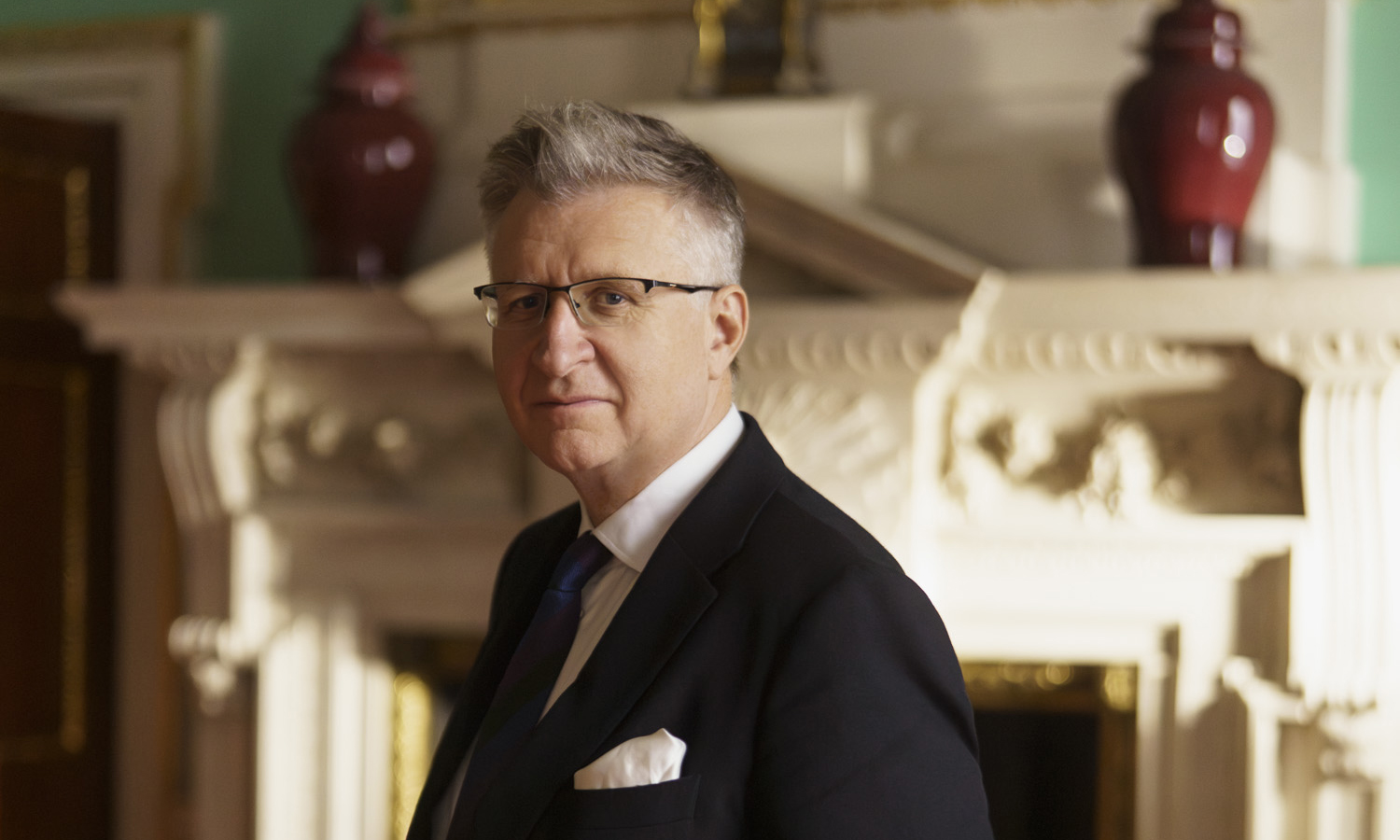Alastair King, the lord mayor of the City of London, shared this perspective during his visit to Vietnam to promote bilateral cooperation in financial services, green finance, and economic development. With Vietnam preparing to establish two international financial centers in Ho Chi Minh City and Da Nang, and piloting a digital asset market, King offered insights based on London's experience.
King believes Vietnam has an opportunity to catch up with other global financial centers in the digital asset space. This is because the market is constantly evolving, and the legal framework is still under development. "No country has decades of experience in digital assets. Therefore, the playing field is relatively level among financial centers," he noted.
He was also impressed with Vietnam's embrace of fintech, which he sees as a platform for broader digital asset adoption. King suggested Vietnam consider a regulatory sandbox for the digital asset market, similar to the UK's approach, which allows for safe experimentation with digital asset products and transactions.
 |
Alastair King, the lord mayor of the City of London. Photo: British Embassy in Vietnam |
Alastair King, the lord mayor of the City of London. Photo: British Embassy in Vietnam
Drawing from London's experience, King advised against overly strict regulation. He emphasized the need for flexibility in regulations, ensuring order without stifling innovation.
Beyond the legal framework, he highlighted the crucial role of a skilled financial workforce and recommended developing expertise in digital assets.
The Vietnamese government recently issued a resolution for a 5-year pilot of the digital asset market. Activities will include the issuance and sale of digital assets, market organization, and service provision.
Service providers must be Vietnamese enterprises with a minimum charter capital of 10,000 billion VND. At least 65% of this capital must come from institutional investors, with over 35% from at least two entities: commercial banks, securities companies, fund management firms, insurance companies, or technology businesses. Foreign investors can hold a maximum of 49% of the capital.
The CEO of a service provider needs at least two years of experience in finance, securities, banking, insurance, or fund management, while the CTO requires a minimum of 5 years of experience. The enterprise must also have at least 20 technology and securities professionals with valid licenses.
Regarding the development of international financial centers, King sees extraordinary opportunities for Vietnam in the next 5-10 years, thanks to several advantages. He cited the young, dynamic, and skilled population, eager to participate in finance, law, and professional services, as a key strength.
Vietnam's strategic geopolitical location at the gateway to Southeast Asia is another advantage. "Investors don't want to rely solely on a single financial center like Singapore or Hong Kong," King stated, adding that the Vietnamese government has built a strong reputation for attracting foreign investment.
In late June, the National Assembly passed a resolution on international financial centers in Vietnam. The government aims to have the centers in Ho Chi Minh City and Da Nang operational by the end of this year.
The Ho Chi Minh City center will focus on capital markets, banking, currency markets, a fintech sandbox, and financial innovation, including specialized exchanges and new trading platforms.
The Da Nang center will concentrate on green finance, fintech applications, digital services, and a regulatory sandbox for digital and crypto assets and payments. It will also aim to attract investment funds, remittance funds, and small and medium-sized fund management companies.
King suggested a "bottom-up" approach to regulation, similar to the UK's model, which allows the market to operate freely except for prohibited activities. He emphasized the rule of law, particularly the English common law system, as the foundation of London's financial center, providing a stable framework for commerce and finance.
The London financial center currently serves as a bridge for global financial markets, hosting over 170 foreign banks. With centuries of history, it serves as a model for newer financial centers like Singapore and Hong Kong.
Anh Tu












